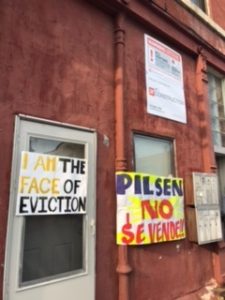February is Black History Month, a time to remember and celebrate the people and the history of the African diaspora, and we’re honoring staff member David Wilson as MTO’s Black History Month hero. The following short story is part of what makes David and his work so special.
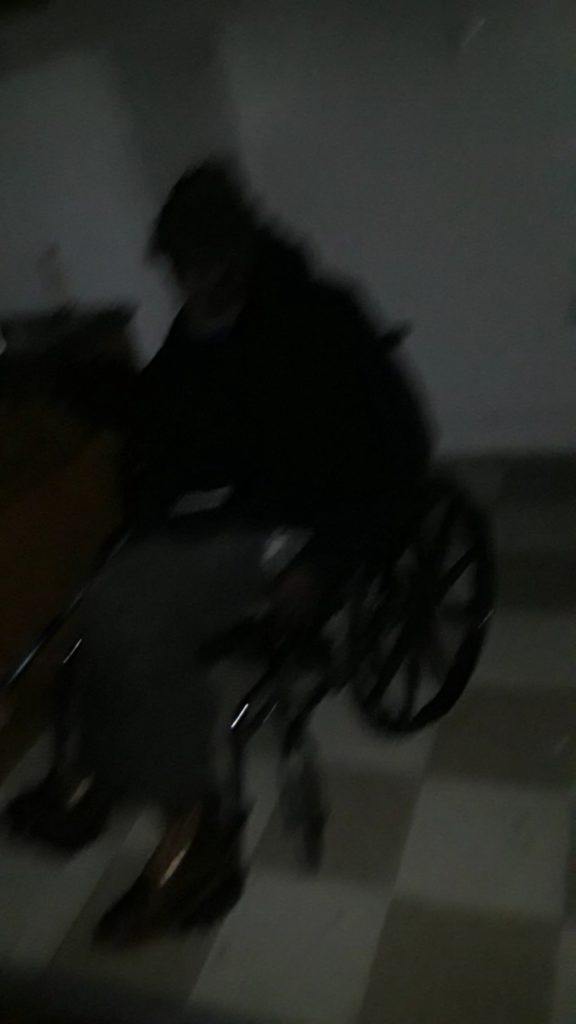
“I don’t know what I am going to do but the property manager is over here threatening to change the locks and lock Mr. Roberts in. There’s no heat, or water, and the lights have been turned out!”. It was 4:30PM on February 11. David called the office to relay what was happening inside Mr. Roberts apartment at 7907 S Laflin. “They’re threatening to arrest anyone who enters the building to help him. I am not going to let the property manager do this” he said. For years the previous owners had allowed the building to slowly deteriorate. The current owner just wanted to vacate the building and force the tenants to move, so they quit doing repairs, turned off the water and heat, and threatened the tenants with invalid eviction notices. But the tenants fought to preserve their home against the unjust eviction.
David and Victoria Ogunsanya, an attorney from the Lawyers Committee for Better Housing, were at the building because the tenants had just negotiated a cash settlement to move-out. Mr. Roberts, a 70-year old black man who uses a wheelchair, was the last remaining tenant. For many like Mr. Roberts, this building was home. One tenant had lived there for 28 years. Mr. Roberts had lived in the building for more than 10 years. He lived on the second floor, which was not the best situation because he always needed assistance to go out. Even though the conditions were horrendous by the end, Mr. Roberts was more terrified of ending up in a shelter. This place was his home; he could afford the rent. And now his property manager was threatening to put him on the street. David didn’t budge. He let the manager know that there was no way Mr. Roberts was going to be left alone in the cold, dark building. With the joint effort of MTO and other tenants, we were able to find him a place to go. In the end, with the help of six strong people, Mr. Roberts was moved to a new temporary home.

When asked about the incident, David said, “It’s really horrible how heartless and uncaring the manager and the owners were. I kept thinking ‘is this how you would want your mom or dad treated?’” Unfortunately, there are too many landlords like this. “Its why tenants need to organize and why Chicago needs better laws”, he said.
David has been with MTO for over 19 years as a tenant leader, Board member and now as a community organizer. Every day David brings his fearless determination and compassion to his job. And Chicago’s low-income renters are better off for it.

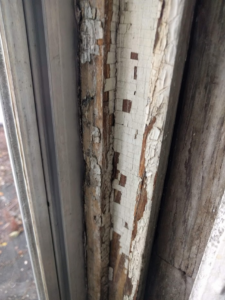
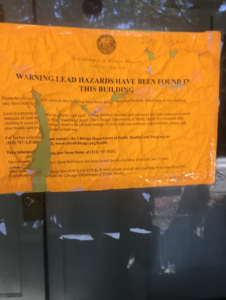

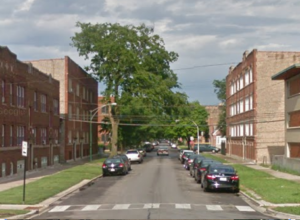
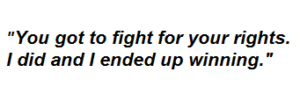
 On Monday, a mother called the Metropolitan Tenants Organization’s
On Monday, a mother called the Metropolitan Tenants Organization’s 
 The Metropolitan Tenants Organization is co-sponsoring “Water at Risk”, a program highlighting the Standing Rock Sioux and Menominee Tribes’ campaigns to protect their tribes’ water resources. Several people have asked why would MTO, a housing organization, sponsor an event like this. There are four basic reasons for our support.
The Metropolitan Tenants Organization is co-sponsoring “Water at Risk”, a program highlighting the Standing Rock Sioux and Menominee Tribes’ campaigns to protect their tribes’ water resources. Several people have asked why would MTO, a housing organization, sponsor an event like this. There are four basic reasons for our support.